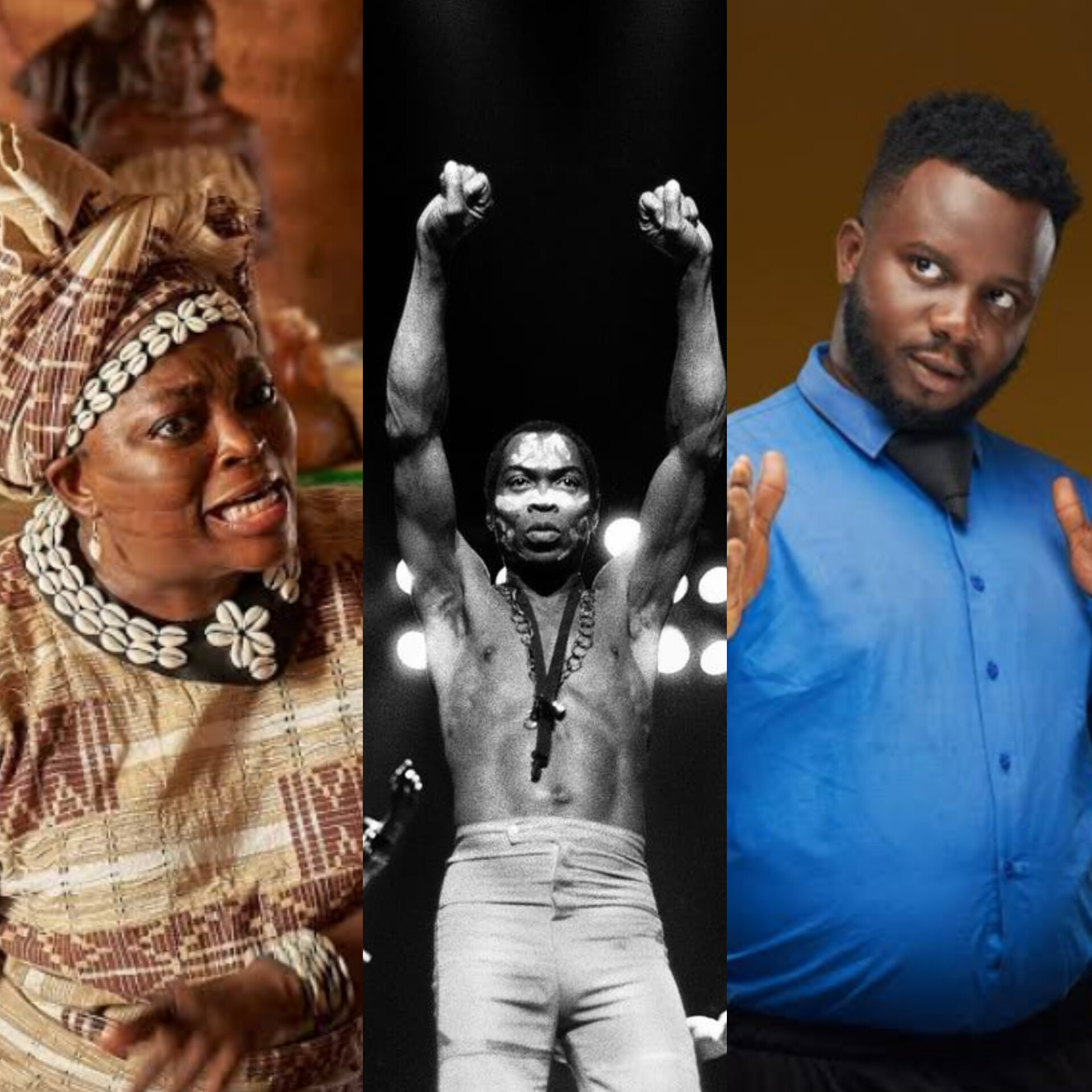By Fasuyi Tolulope Samuel
The Yoruba are one of Africa’s largest ethnic groups, with a rich culture and history that spans centuries. Known for their influence in Nigeria and beyond, here are five key things to know about the Yoruba people.
A Rich Cultural Heritage
The Yoruba people have a vibrant and well-preserved cultural heritage. Known for their elaborate ceremonies and festivals, the Yoruba celebrate significant moments of life, including birth, marriage, and death, with intricate customs.
The most famous festival is the Eyo Festival in Lagos, which is a colorful procession honoring ancestral spirits. Yoruba art, particularly their sculpting in terracotta and bronze, dates back to as early as 12th century A.D., showcasing their artistic legacy.
Language and Religion
The Yoruba language, part of the Niger-Congo family, is spoken by millions, with various dialects across the Yoruba states of Nigeria and in the diaspora. Yoruba is also a tonal language, meaning the pitch or intonation of words can change their meaning.
Religion plays a central role in Yoruba life. Many Yoruba practice a traditional belief system called Ifá, which involves the worship of various deities known as Orishas. The Yoruba are also known for their syncretism, blending elements of Ifá with Christianity and Islam.
A History of Powerful Kingdoms
Historically, the Yoruba were organized into city-states, the most prominent of which include Oyo, Ile-Ife, and Benin. These kingdoms were known for their sophisticated systems of governance, military strength, and economic wealth.
Oyo, for instance, rose to prominence due to its powerful cavalry and trade connections, dominating the region between the 17th and 19th centuries. These are portrayed in recent Nollywood movies such as The House of Ga’a, Lisabi, and so on.
Influence Beyond Africa
The Yoruba culture extends far beyond West Africa, particularly due to the transatlantic slave trade. Many Yoruba descendants live in countries like Brazil, Cuba, and Trinidad, where their cultural and religious practices still thrive.
In places like Cuba, the Yoruba’s religious practices evolved into Santería, a religion blending Catholicism with Yoruba deities.
A Legacy of Oral Tradition
Storytelling is at the heart of Yoruba culture. The Yoruba people have a strong tradition of oral literature, which includes proverbs, praise poetry, and historical narratives.
The griots (oral historians) play a crucial role in preserving and passing down knowledge of the Yoruba past through generations. These stories not only entertain but also teach moral lessons and preserve the rich history of the Yoruba people.
In essence, the Yoruba are a people whose influence transcends borders, known for their profound cultural heritage, historical significance, and global footprint.
Some of the popular people that belong to the Yoruba tribe include Olusegun Obasanjo, Pastor E.A Adeboye, Funmilayo Ransome Kuti, Fela Anikulapo-Kuti, Bola Ahmed Tinubu, Anthony Joshua Olufemi, Adebayo ogunlesi, and so on.























Comments 2